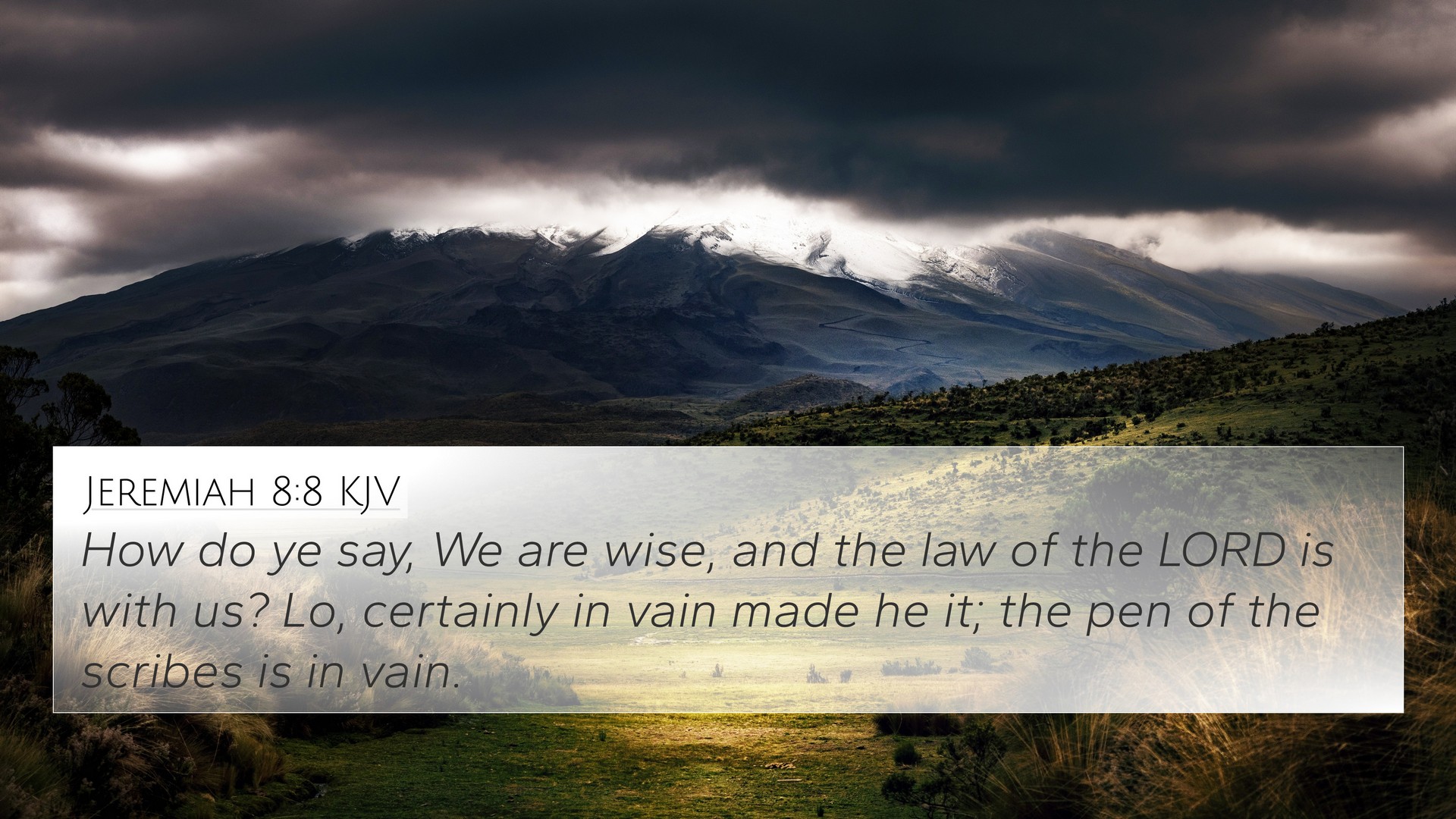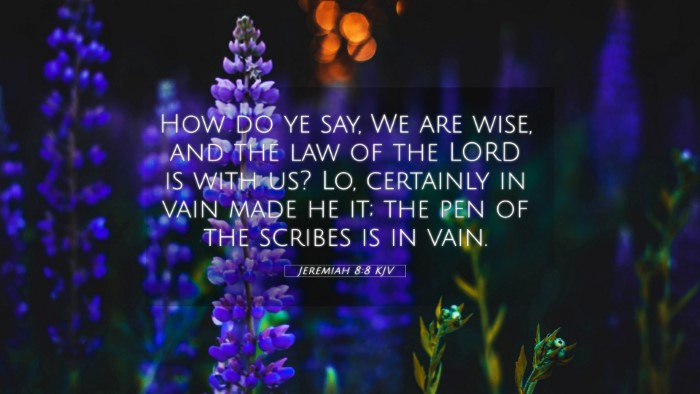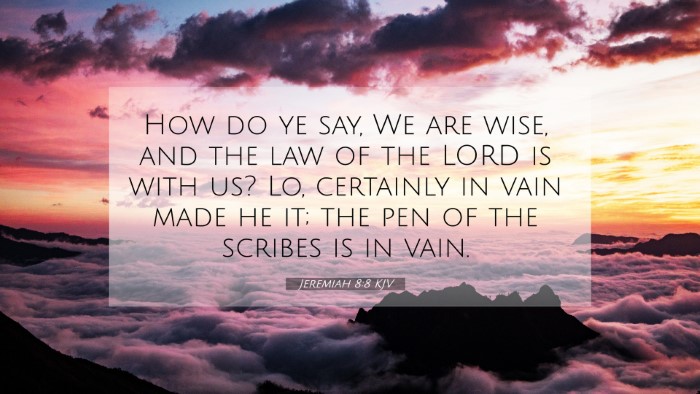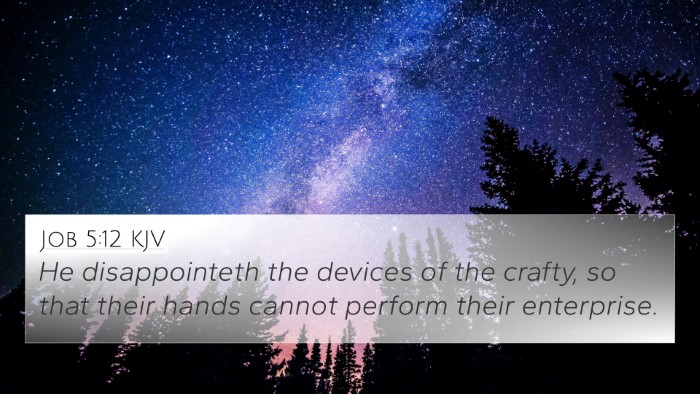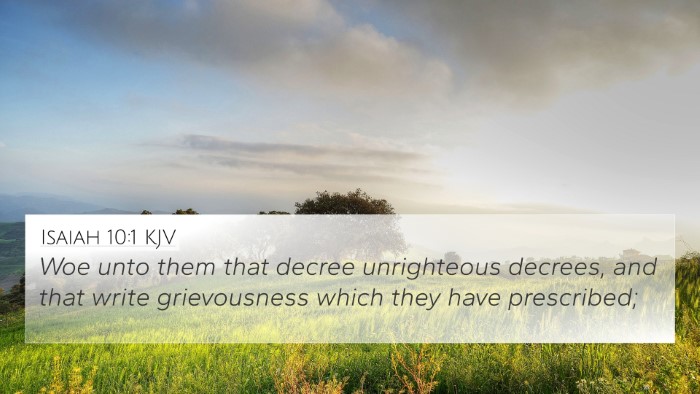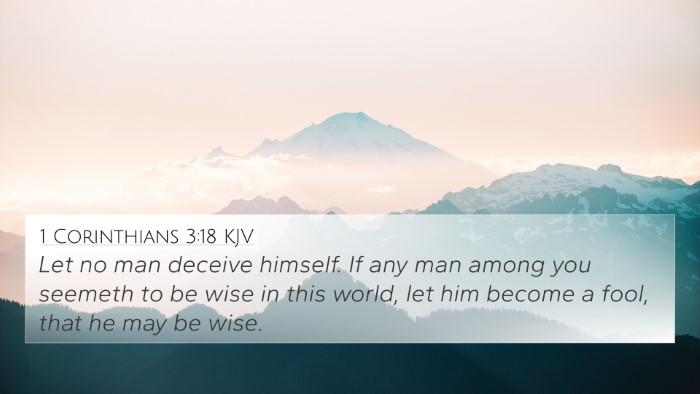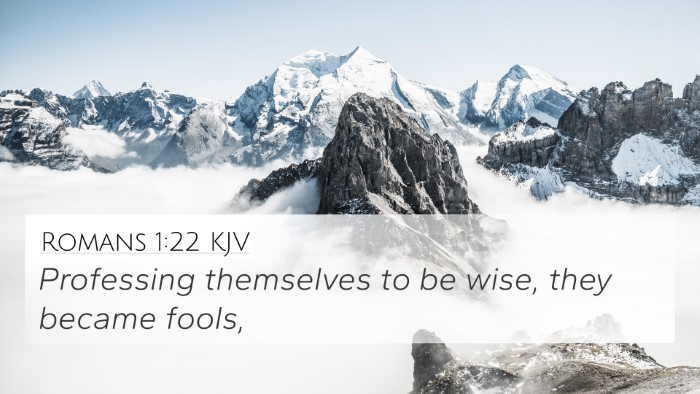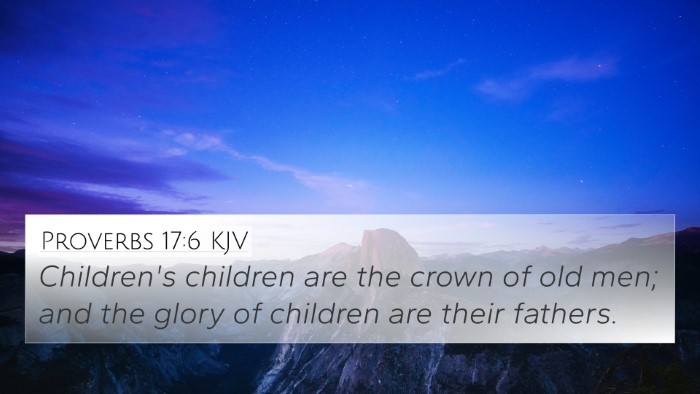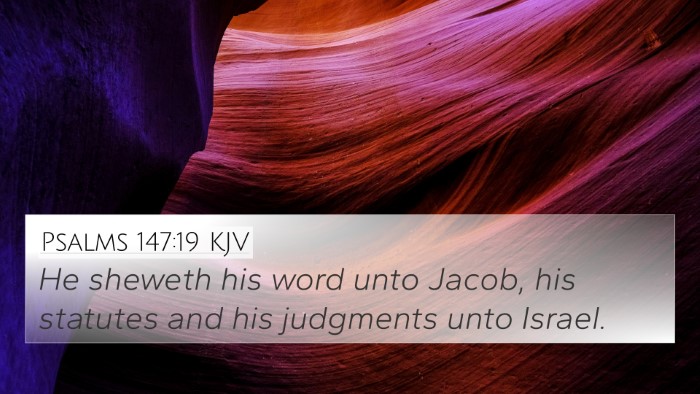Understanding Jeremiah 8:8
In this exposition of Jeremiah 8:8, we will delve into the rich meanings and interpretations drawn from public domain commentaries, including insights from Matthew Henry, Albert Barnes, and Adam Clarke. This verse poses significant questions regarding the integrity of the scribes and the status of divine truth during a tumultuous period in Israel's history.
Verse Context
Jeremiah, often known as the "weeping prophet," addressed the spiritual decline and moral decay witnessed in Judah. In Jeremiah 8:8, the prophet confronts the false teachings and misrepresentations of God’s word by the scribes:
"How do you say, We are wise, and the law of the LORD is with us? Lo, certainly in vain made he it; the pen of the scribes is in vain." (Jeremiah 8:8)
Summary of Insights
- False Assurance: This verse highlights how the scribes confidently proclaimed their wisdom, even as they misinterpreted and misrepresented God's law. Matthew Henry notes that their claims were unfounded.
- Divine Truth vs. Human Failure: Albert Barnes emphasizes that the scriveners (scribes) were responsible for corrupting the text and intent of the law, thus leading the people astray.
- Vain Works: Adam Clarke elaborates that the term "in vain" illustrates the futility and error in the scribes' teachings, drawing attention to the importance of gospel fidelity.
- Call to Accountability: Jeremiah's rhetorical question serves as a divine challenge to the integrity of their wisdom—questioning whether the supposed wisdom truly aligns with God’s true message.
Thematic Connections and Cross-References
Jeremiah 8:8 can be connected to various other scripture passages that discuss themes of false teachers, the preservation of divine truth, and the need for genuine faithfulness to God’s word. Consider the following related verses:
- 2 Timothy 3:16-17: "All Scripture is given by inspiration of God, and is profitable for doctrine, for reproof, for correction, for instruction in righteousness..."
- John 17:17: "Sanctify them through thy truth: thy word is truth."
- Isaiah 30:10: "Which say to the seers, See not; and to the prophets, Prophesy not unto us right things..."
- Matthew 15:9: "But in vain they do worship me, teaching for doctrines the commandments of men."
- Galatians 1:6-7: "I marvel that ye are so soon removed from him that called you into the grace of Christ unto another gospel..."
- Revelation 22:18-19: "For I testify unto every man that heareth the words of the prophecy of this book, If any man shall add unto these things..."
- Jeremiah 23:1-2: "Woe be unto the pastors that destroy and scatter the sheep of my pasture! saith the LORD."
Interpretative Reflections
Examining Jeremiah 8:8 through comparative analyses with these referenced verses reveals the consistent theme of the importance of preserving the integrity of God’s word. Misrepresentation can lead the community away from true spiritual nourishment, resulting in dire consequences. Both Old and New Testaments warn against corrupt teachings and encourage believers to seek genuine doctrine.
Conclusion
To foster a deeper understanding of scripture, believers are encouraged to utilize bible cross-reference tools and methods. Engaging with these cross-references not only sheds light on individual verses but also unveils thematic connections throughout the entire biblical narrative. As believers, recognizing bible verse parallels helps guard against the pitfalls of spiritual deception, as emphasized in Jeremiah 8:8 and echoed throughout scripture.
